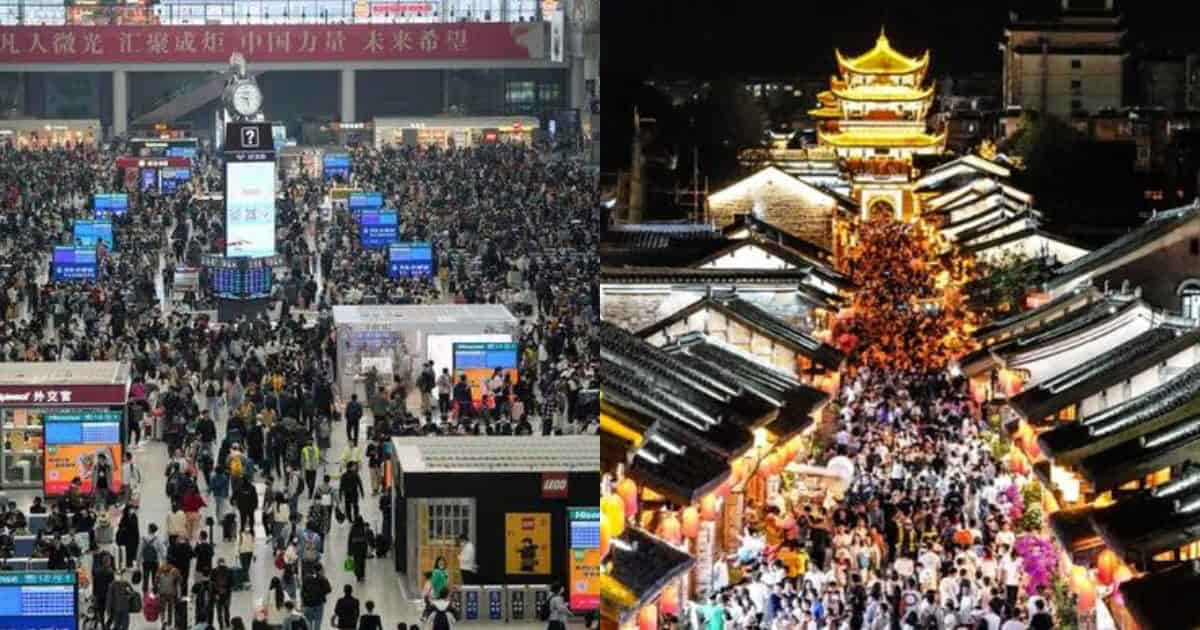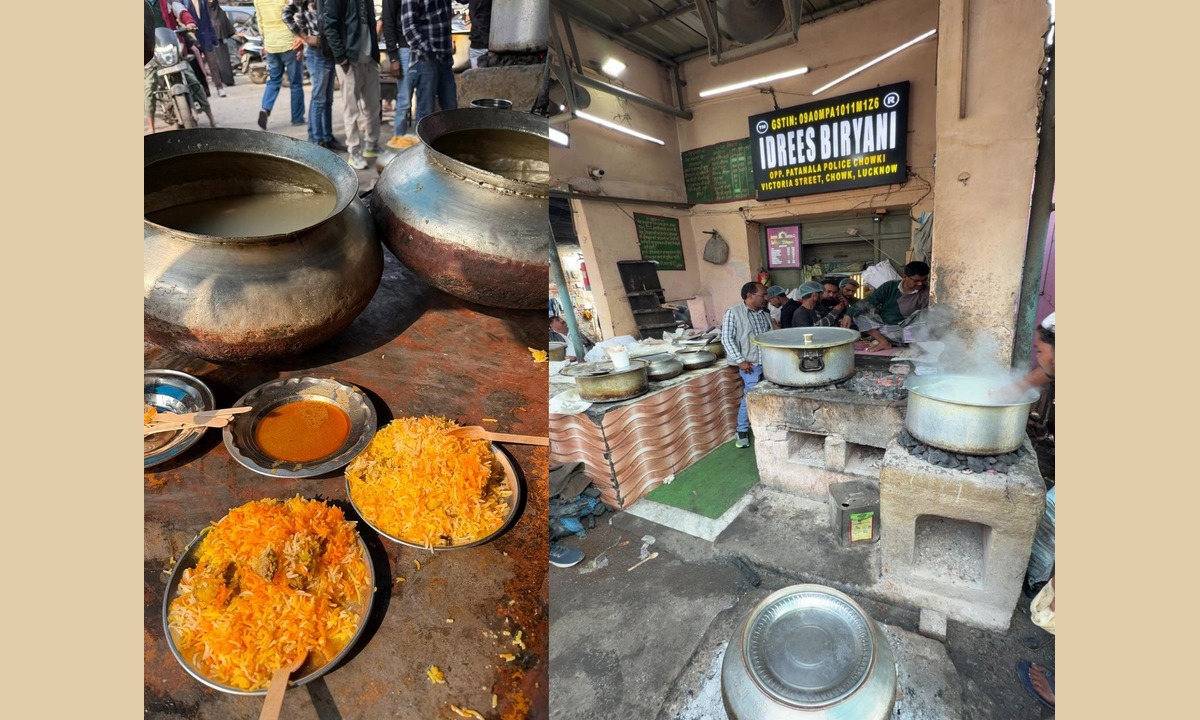
As China celebrated the five-day May Day holiday, travel by rail and car surged on the first day, reflecting a shift in consumer behaviour amid a challenged economy.
The holiday, which commemorates the achievements of workers, typically sees a spike in domestic travel. However, this year, consumers appear to be more focused on keeping expenses down, opting for more cost-effective modes of transportation over air travel.
Declining Airline Fares and Early Bookings
In the lead-up to the holiday, domestic airline fares were falling, and forecasts suggested more travelers were choosing to drive or had booked their trips early to save money. As one traveler, Lin Yu, 38, from Hangzhou, noted, "Every family's situation is different, and it clearly also depends on the industry you work in."
According to VariFlight, an aviation data service provider, the average price for an economy flight in China had dropped 38% from the first week of April to the equivalent of just under $97 by the fourth week of the month. Zheng Hongfeng of VariFlight said the fare declines reflected a highly competitive market, where airlines must adapt to changing consumer preferences.
Surge in Road and Rail Travel
The surge in travel was not limited to the roads. State media reported that about 58 million cars were expected to be on the roads every day during the holiday, while railways carried more than 20 million passengers on the first day alone.
The number of trips taken during the first quarter of 2024 was up almost 17% from the same period a year earlier, according to state broadcaster CCTV. However, the increase in travel volume has not translated into a corresponding rise in consumer spending, limiting the boost to the broader economy.
Adapting to Changing Consumer Preferences
Some companies have shifted their strategies to appeal to consumers who are more mindful of their spending. Yum China, the operator of KFC in China, said that 30% of its new stores would be located in lower-tier cities or roadside locations like highway rest stops. This move is aimed at capturing the spike in travel volume during holidays, as CEO Joey Wat noted that same-store sales at these locations were up 20% during the Lunar New Year in February.
The surge in rail and car travel during the May Day holiday in China reflects a broader trend of consumers prioritizing cost-saving measures in a challenged economy. While travel has rebounded since the lifting of strict COVID-19 control measures, the lack of a corresponding increase in consumer spending has limited the boost to the broader economy. Businesses are adapting to these changing consumer preferences, with some, like Yum China, shifting their strategies to cater to the spike in travel during holidays.
Popular Categories
Read More Articles
Travel and Tourism
Travel to Thailand gets costlier: International passenger service fee to jump 53% from June by Awadh 360° Desk February 22, 2026Travel and Tourism
Thailand Extends Visa-Free Stay for Indians to 60 Days, Allows 30-Day Extension by Awadh 360° Desk February 19, 2026Travel and Tourism
Lucknow or Zaike: A City Remembered Through Taste by Mohammed Syed Zaid February 11, 2026Business
What's Up With WhatsApp? by Prateek Shukla February 9, 2026



